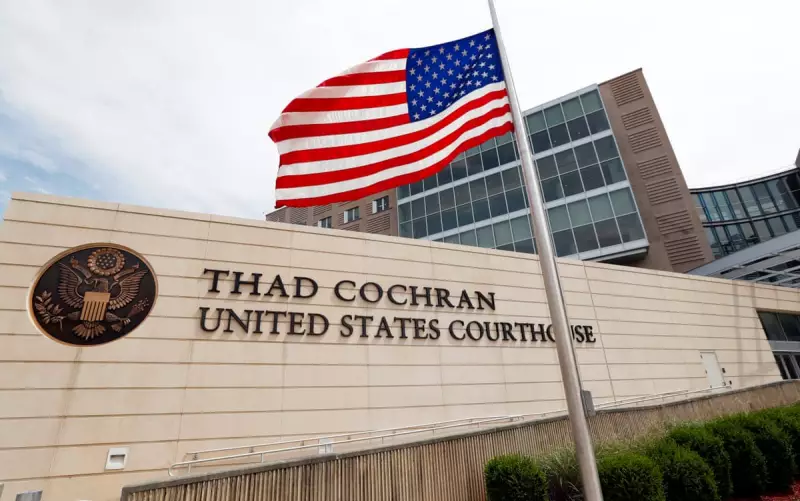
A profound transformation is underway across Mississippi's public education system as a controversial new law, House Bill 271, takes full effect. The legislation mandates the immediate dismantling of all state-funded Diversity, Equity, and Inclusion (DEI) programs in public schools, colleges, and universities.
The End of an Era for Diversity Initiatives
The law, which was signed by Republican Governor Tate Reeves earlier this year, represents one of the most aggressive anti-DEI measures in the United States. It explicitly prohibits public institutions from maintaining offices or departments dedicated to fostering diversity, from requiring any DEI training for students or staff, and from compelling individuals to affirm beliefs related to 'divisive concepts'.
This has forced a rapid and widespread closure of dedicated diversity offices that, until recently, were a growing feature of campus life. Their stated missions—to support minority students, recruit diverse faculty, and create inclusive environments—are now effectively outlawed.
A Heated National Debate Lands in Mississippi
Mississippi is now among nearly two dozen states that have introduced or passed legislation targeting DEI initiatives. Proponents of the ban, largely Republican lawmakers, argue that these programs are ideologically driven, enforce a singular political viewpoint, and ironically, promote discrimination by prioritising certain groups over others.
"These ideological filters are... creating a culture of fear and division," argued Governor Reeves, framing the law as a defence of 'true diversity' of thought.
Fear and Uncertainty on Campus
For educators and students on the ground, the reality is one of confusion and apprehension. The law's broad and vaguely defined language—particularly its ban on so-called 'divisive concepts'—has created a chilling effect. University staff and lecturers now fear that teaching certain topics related to race, sex, or American history could inadvertently violate state law and put their funding or jobs at risk.
Critics, including the NAACP, have condemned the legislation as a direct attack on progress and a deliberate effort to erase the history and experiences of Black Americans and other minorities. They warn it will make campuses less welcoming and set back hard-won gains in representation.
What Happens Next?
The immediate consequence is a scramble for compliance. State colleges and universities are auditing their courses, administrative structures, and even job descriptions to purge any non-compliant elements. The long-term impact, however, remains a deeply troubling question mark. Will this make Mississippi's education system more open, as supporters claim, or will it silence important discussions and alienate a generation of students? The classroom has become the latest battleground in America's culture wars, and the fight is just beginning.





